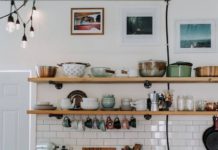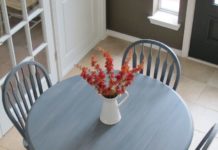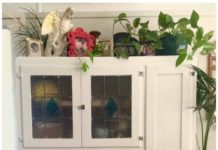Are alternative methods of preventing coronavirus useful?
The new corona virus has killed more than 38,749 people worldwide and infected thousands more. While the virus is spreading and the vaccine is still under development, some people are looking for alternative ways to boost their immune systems or heal themselves if they are already infected. Here are some of the alternative methods and wild theories for coronavirus prevention that are floating around on the web or suggested by doctors from all over the world.
China: Traditional Chinese medicine
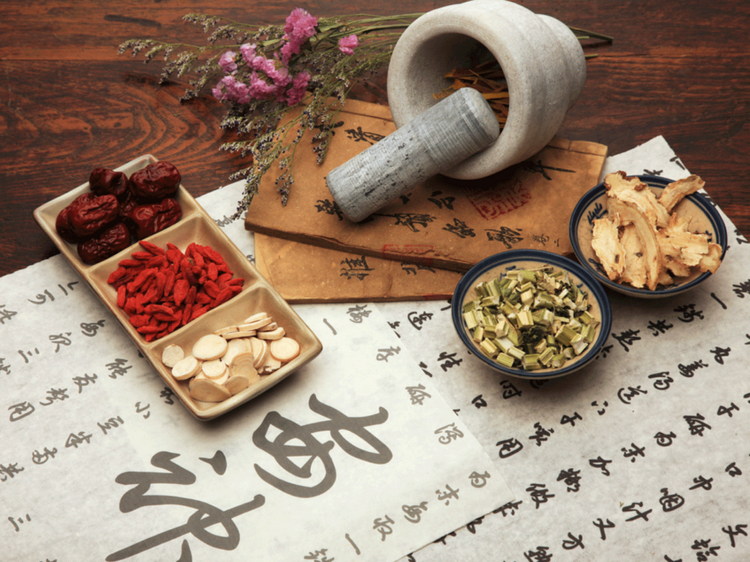
The Washington Post reports that Chinese people flock to shops to buy Shuanghuanglian – a herbal remedy that follows the principles of traditional Chinese medicine (TCM). Shuanghuanglian is a mixture of Japanese honeysuckle, Chinese skullcap and hanging forsythia (Lonicera japonica, Scutellaria baicalensis, Forsythia suspensa). Like many so-called traditional Chinese medicines, it was invented in the 1960s based on a mix of pre-modern Chinese medical theories and herbalism that Chinese doctors have accumulated over centuries. As with most of these practices, the clinical evidence is inconclusive. While there is some evidence that Shuanghuanglian can help with respiratory diseases, there is no evidence that it is effective in treating bacterial and viral infections. (Allergic reactions are also common in traditional Chinese medicine, despite regular claims from proponents that they are impossible; Shuanghuanglian is no exception.)
Shuanghuanglian for the prevention of coronavirus
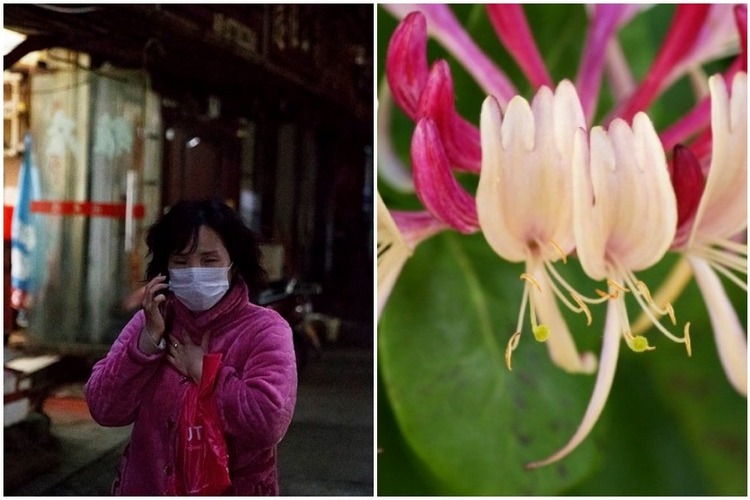
The Shanghai Institute of Materia Medica, part of the Chinese state academy of science, has announced that the drug could help inhibit the corona virus. State media, such as the Xinhua news agency and CCTV, have reported that clinical studies have indicated that the drug may be effective, causing long queues at TCM stores across the country.
However, not all eager customers have found the right product. It turns out that there are poultry and livestock drug brands called Shuanghuanglian, and some consumers have bought the wrong ones. An online vendor of veterinary medicine said happily to local media that he never expected so many people to support his veterinary medicine business while the bird product manufacturers had to tell consumers not to take their product.
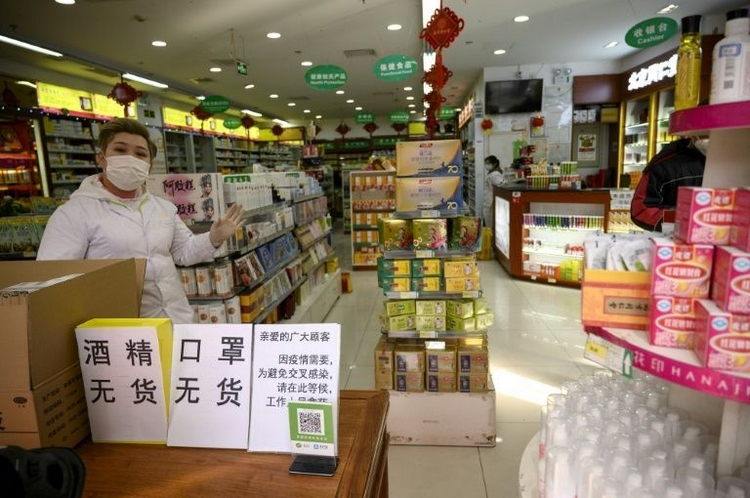
TCM is big business in China, which is heavily supported by the government. Modern practice is not about herbalists and amateur doctors, but about industrialized medicines – a $ 45 billion market that is only used for such medicines annually. The TCM industry in China is not an alternative, but a “classic” medicine. Shuanghuanglian is a sore throat remedy and is made by four different manufacturers. However, it is not as common as Yunnan Baiyao, which apparently every grandmother in the country swears by. But the government seal of approval will definitely drive demand.
Chinese herbs as a source of healing strategies against coronavirus
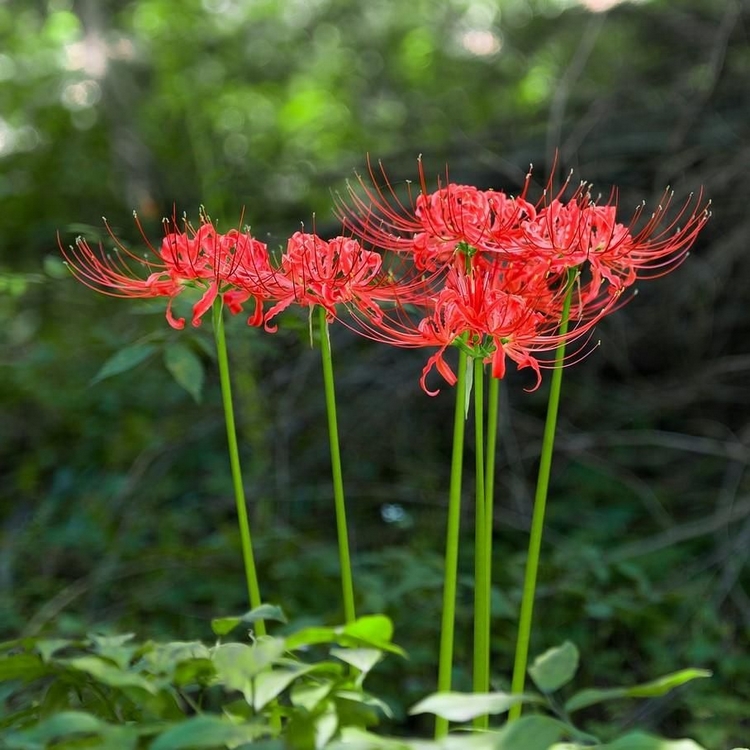
The traditional Chinese pharmacopoeia naturally contains many drugs, the value of which has been clinically proven. For example, many researchers have now set themselves the goal of identifying Chinese medicinal herbs that are commonly used to treat viral respiratory infections and also contain ingredients that could directly inhibit the novel corovirus Covid-19. Several studies have already been published in specialist journals. Herbal ingredients serve as an excellent source of biodiversity to discover new antivirals and develop effective protection / therapy strategies against viral infections. Some researchers believe that natural products will continue to play an important role and will contribute to the development of antiviral drugs.
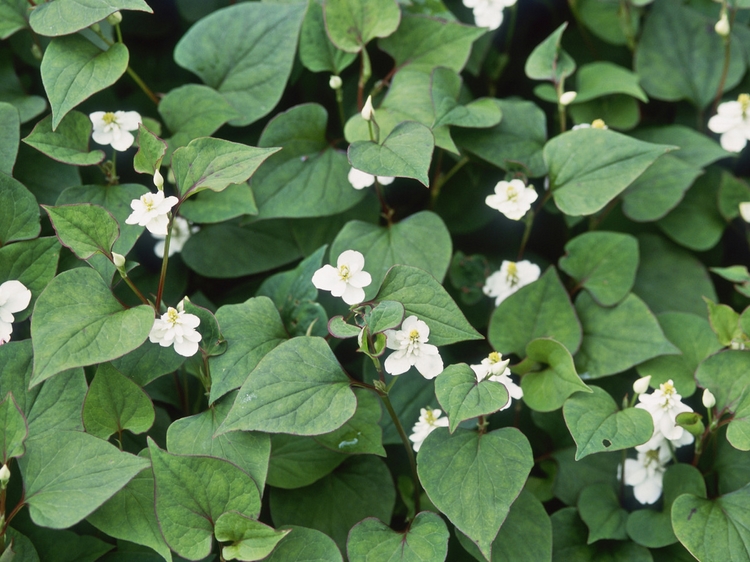
In 2014, a research team at the medical university in Taiwan published a report on the antiviral effects of various natural products and herbal medicines. (A link to the report can be found at the end of the article.) Professor Liang-Tzung Lin and his team identified saikosaponins – those found in Chinese herbs Bupleurum spp., Heteromorpha spp. and Scrophularia scorodonia are contained – as inhibitors for the attachment and penetration of the coronavus after contact with a receptive cell. It has also been documented that extracts from Lycoris radiata, Artemisia annua, Pyrrosia lingua and Lindera aggregata Have anti-SARS-CoV effects. Natural inhibitors against the SARS-CoV enzymes have also been identified and include myricetin, scutellarein and phenolic compounds Isatis indigotica and Torreya nucifera. Other natural anti-CoV medicines include the water extract Houttuynia cordata, which has been observed to have several antiviral mechanisms against SARS-CoV.
Warm salt water to prevent coronavirus
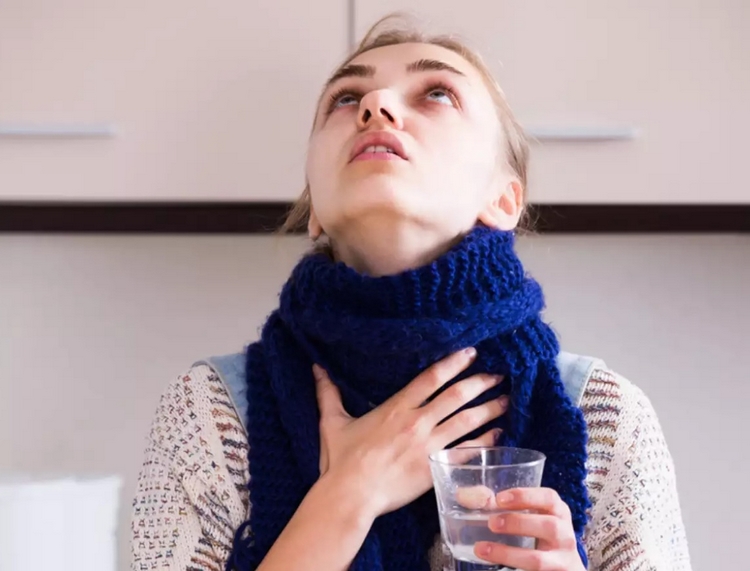
Renowned 83-year-old pulmonologist Zhong Nanshan, a SARS crisis veteran who is considered a national hero, has recommended rinsing the mouth and nasal cavities with warm salt water every morning and night or even several times a day to prevent infection.
However, experts said this was a fairy tale and the saline solution would not “kill” the new virus, according to Agence France-Presse. The World Health Organization also informed AFP that there is no evidence that saline would protect against infection by the new corona virus.
Russia: ginger against the corona virus
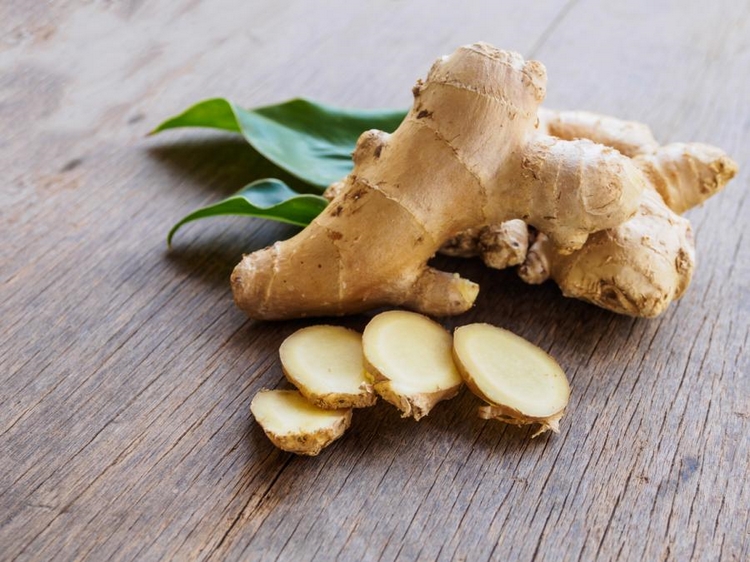
Oleg Torsunov, a doctor and psychologist famous in Russia, claims that the virus can be prevented and fought with ginger and turmeric. You should either suck a piece of ginger three times a day or drink it as tea with honey. “For many years I have been treating viral infections with a very short list of remedies, namely ginger, turmeric, pine needles, pine branches (Siberian fir), yellow mustard, white pepper,” explained Torsunov.
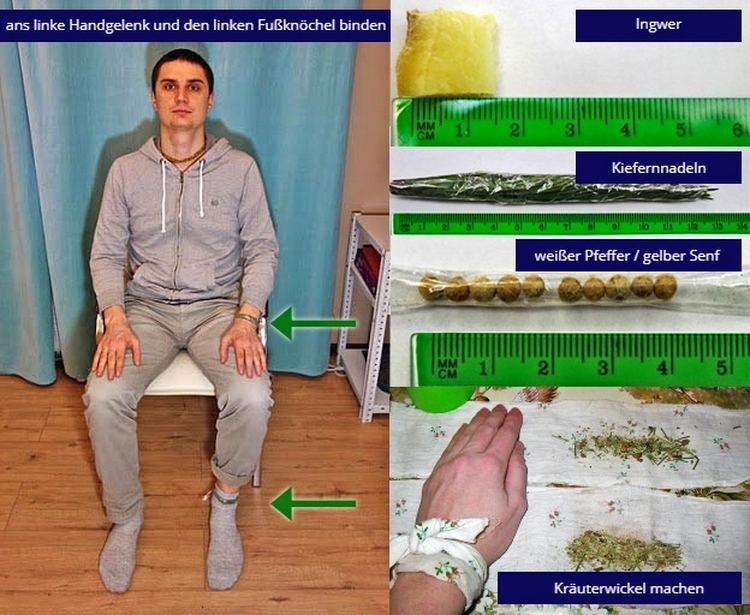
If you already feel the first symptoms of a viral disease, you should immediately make a ginger wrap. A small piece of ginger is wrapped in a soft cloth and tied to the left wrist and ankle. The ginger should be changed with a fresh piece every 24 hours. According to Dr. Torsunov herbal wraps are a particularly strong reflexology massage.
(youtube https://www.youtube.com/watch?v=b4bsQGROhKI)
India: Ayurveda and homeopathy
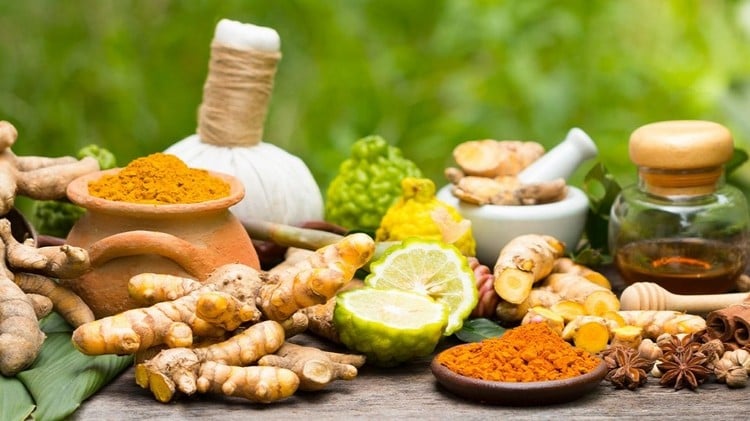
The Indian AYUSH ministry published health advice based on the traditional medical practices of Ayurveda, homeopathy and Unani. The press release office of the Indian government (PIB) gives on its website (Link below) provides an overview of the proposed remedies and claims that coronavirus infection can be prevented with these traditional remedies. However, some researchers and doctors have criticized this opinion because this information to prevent coronavirus is not based on scientific or clinical studies.
What was proposed?
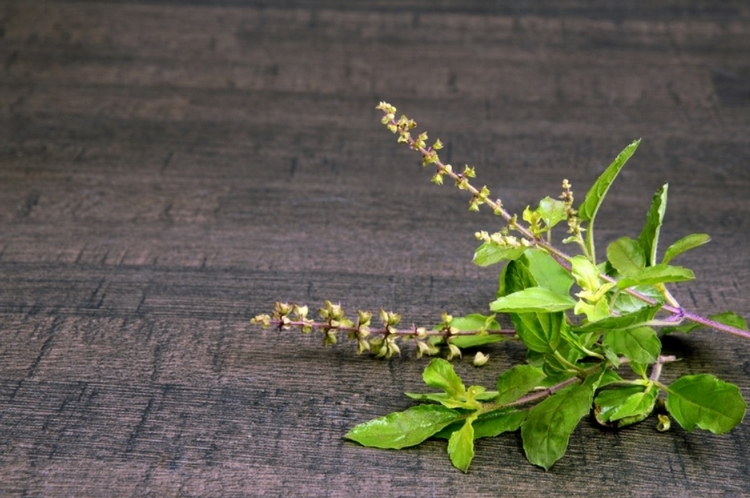
Three types of traditional herbal healing practices – Ayurveda, Homeopathy and Unani – have been proposed by the Ministry as a preventive measure against Corona. One example was drinking Shadang Paniya water. 10 g of powder is boiled in 1 liter of water until it is reduced by half. Shadang Paniya is said to help against headaches and fever. Another example was taking 5 g of Agastya harityaki twice a day with warm water. This Ayurvedic medicine is often used for breathing problems. Another elixir is recommended to support the body's defenses. Boil 5 g trikatu powder and 3-5 tulsi leaves (Indian basil) in 1 liter water until it is reduced to ½ liter. Keep in a bottle and swallow if necessary. Every morning, two drops of sesame oil should be placed in each nostril.
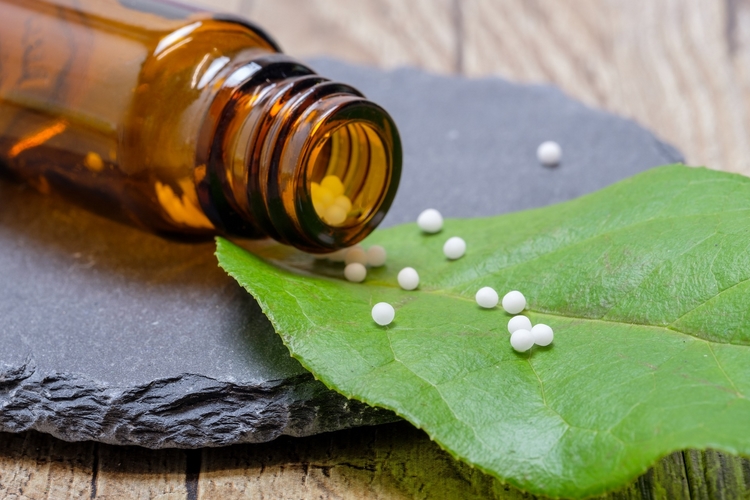
It has also been suggested that Arsenicum album 30 – the arsenic-derived homeopathic medication – be taken on an empty stomach for three days as a prophylactic medicine against a possible coronavirus infection.
The Ministry has emphasized that the above measures are prevention and not a treatment recommendation. AYUSH (Ayurveda, Yoga and Naturopathy, Unani, Sidda, Owl Rigpa and Homeopathy) was founded to develop educational programs, research and dissemination of indigenous alternative medical practices in India.
Conclusion
Natural remedies soothe the pandemic panic. With closings across Germany, panic attacks, hamster purchases, unprecedented changes in working life and no vaccine available yet, the feeling of fear of the coronavirus can lead someone to accept alternative theories. It is easy for people to get involved in solutions that are familiar to them, for example to believe that a home remedy can help with a cold or flu. After all, we always like to use tried-and-tested home remedies from Grandma's time. This is how many think: “Since there is no remedy for this epidemic, we have nothing to lose. “In the worst case, we will waste money and in the best case we will immunize ourselves against the virus.”
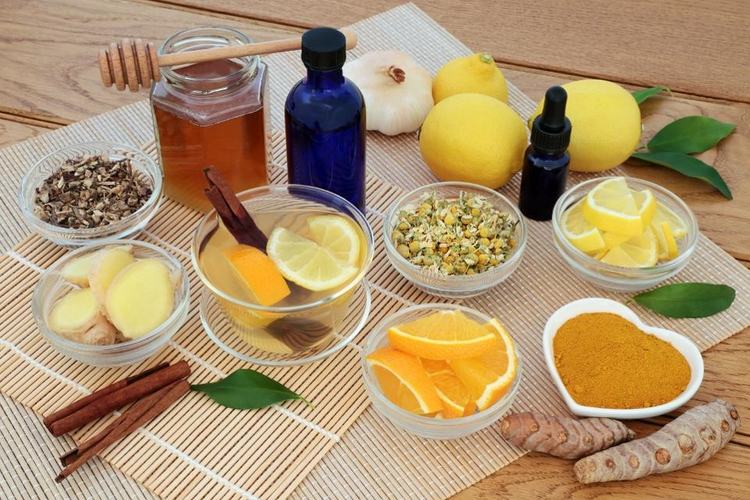
But fears of the COVID-19 corona virus offer more opportunities for misinformation about “miracle cures”. There is no scientific evidence that any of these alternative agents can prevent or cure the disease caused by this virus. There are numerous false claims regarding the prevention and treatment of COVID-19 infections that spread almost as quickly as the disease itself. While most of them are harmless and mostly a waste of money, they will not prevent a virus infection, let alone prevent it one that is caused by COVID-19. There are also dangerous COVID-19 healing myths that can cause serious damage to health.
Alternative practitioners have recommended supplements that “hopefully would help treat the virus.” Homeopaths have claimed that they have a cure. Aromatherapists are pushing for “antiviral essential oils” to “help us avoid infection”. Acupuncturists claim that they can help fight the coronavirus because acupuncture “strengthens the lungs and kidneys” by balancing “certain organic systems”. And chiropractors claim that adjustments to the spine will help “boost immune system function by 200 percent.”
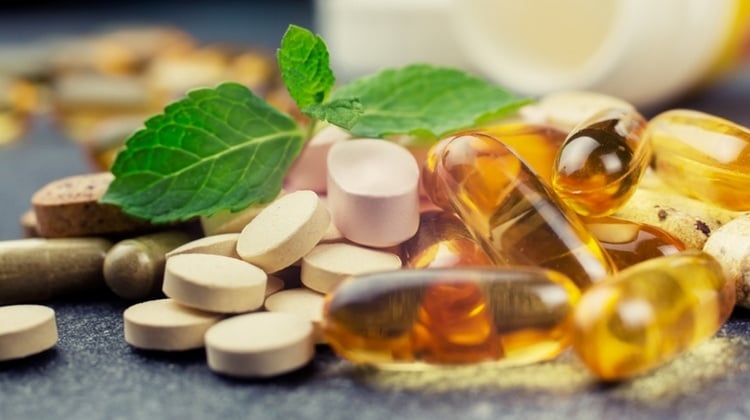
Wellness influencers recommend high-dose vitamins, including vitamins A, C, and D, to prevent and treat coronavirus. However, there is no evidence that these can help. In fact, using extremely high doses of vitamins can lead to kidney and liver problems. Using too much vitamin A during pregnancy can lead to fetal abnormalities.
This type of misinformation is problematic at many levels. It creates confusion in an already chaotic information environment – exactly what is not needed in a public health crisis. Avoid all possible scams that could appear on social media, as well as emails in which someone offers a “miracle cure for Corona” or “asks for money for wrong fundraisers”. And remember, “natural” has nothing to do with being safe or effective. Many simply use the fear and uncertainty associated with the outbreak to sell products and poorly designed health theories. And these marketing strategies seem to be working. The demand for alternative services and products has increased in recent months.
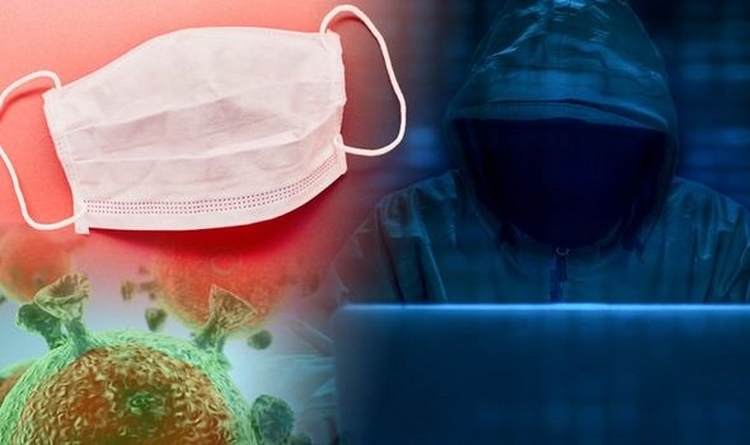
Credentials:
The Washington Post: Kimchi, cow poop and other spurious coronavirus remedies
The full list of alternative medicines from the Indian government
Liang-Tzung Lin et al. (2014) Antiviral Natural Products and Herbal Medicines
The post Are alternative methods of preventing coronavirus useful? appeared first on Deavita.com | Living ideas, design, hairstyles, make-up, lifestyle, health and beauty tips.




